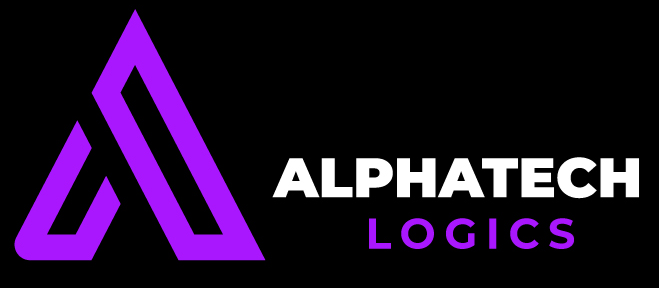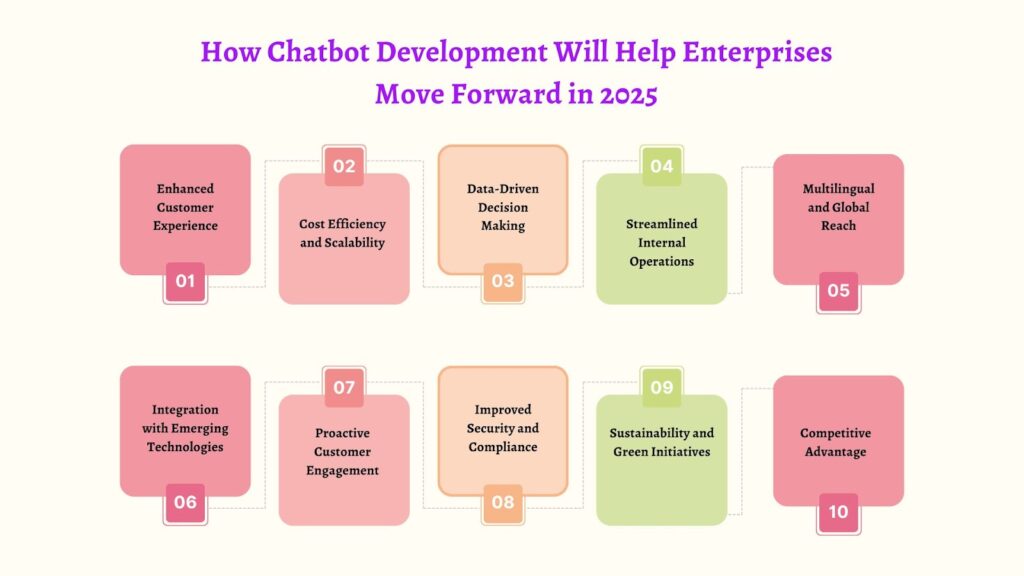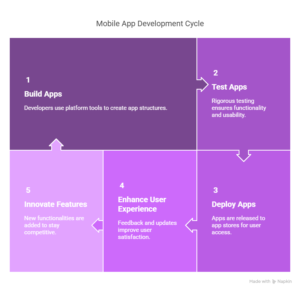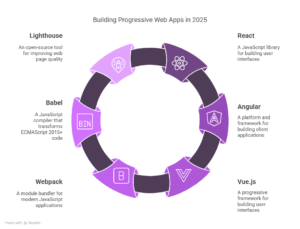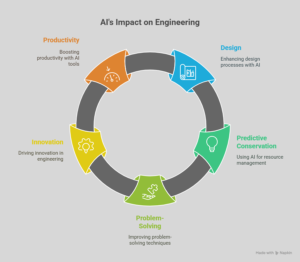How Chatbot Development Will Help Enterprises Move Forward in 2025
In the fast-paced world of technology, businesses are constantly seeking innovative ways to streamline operations, enhance customer experiences, and stay ahead of the competition. As we approach 2025, one of the most transformative tools driving enterprise growth is chatbot development. Chatbots, powered by artificial intelligence (AI) and natural language processing (NLP), are no longer just a futuristic concept—they are a necessity for businesses aiming to thrive in the digital age. Here’s how chatbot development will help enterprises move forward in 2025.
1. Enhanced Customer Experience
In 2025, customer expectations will be higher than ever. Customers demand instant, personalized, and seamless interactions with brands. Chatbots will play a pivotal role in meeting these expectations by providing 24/7 support, answering queries in real-time, and offering personalized recommendations based on user data.
For example, an e-commerce chatbot can assist customers in finding products, tracking orders, and even processing returns without human intervention. This level of convenience will not only improve customer satisfaction but also foster brand loyalty.
2. Cost Efficiency and Scalability
Enterprises are always looking for ways to reduce operational costs while scaling their services. Chatbots offer a cost-effective solution by automating repetitive tasks such as answering FAQs, processing orders, and handling basic customer service inquiries.
By 2025, advancements in AI will enable chatbots to handle more complex tasks, reducing the need for large customer support teams. This scalability will allow businesses to serve a growing customer base without proportionally increasing their overhead costs.
3. Data-Driven Decision Making
Chatbots are not just conversational tools—they are data goldmines. By interacting with customers, chatbots collect valuable insights into customer preferences, pain points, and behavior patterns. In 2025, enterprises will leverage this data to make informed business decisions, optimize marketing strategies, and improve product offerings.
For instance, a chatbot analyzing customer feedback can identify common issues and suggest improvements to the product development team. This data-driven approach will give businesses a competitive edge in their respective industries.
4. Streamlined Internal Operations
Chatbots are not limited to customer-facing roles. In 2025, enterprises will increasingly deploy chatbots for internal use, such as HR management, IT support, and employee onboarding. For example, an HR chatbot can handle employee queries about leave policies, benefits, and payroll, freeing up HR personnel to focus on strategic tasks.
By automating internal processes, chatbots will enhance productivity, reduce errors, and create a more efficient workplace.
5. Multilingual and Global Reach
As businesses expand globally, language barriers can hinder growth. Chatbots equipped with multilingual capabilities will break down these barriers, enabling enterprises to communicate with customers and partners in their preferred languages.
By 2025, advancements in NLP will make chatbots more accurate and context-aware, ensuring smooth communication across diverse languages and cultures. This will open up new markets and opportunities for businesses to grow internationally.
6. Integration with Emerging Technologies
The future of chatbots lies in their integration with other emerging technologies. In 2025, chatbots will work seamlessly with IoT devices, voice assistants, and augmented reality (AR) tools to create immersive and interactive experiences.
For example, a chatbot integrated with a smart home device can help users control their appliances through voice commands. Similarly, in retail, chatbots combined with AR can allow customers to virtually try on clothes or visualize furniture in their homes. These integrations will redefine how businesses interact with their customers.
7. Proactive Customer Engagement
Unlike traditional customer service, which is reactive, chatbots will enable enterprises to engage with customers proactively. By analyzing customer behavior and preferences, chatbots can send personalized offers, reminders, and updates at the right time.
For instance, a travel chatbot can notify users about upcoming flight deals based on their search history or suggest vacation packages tailored to their interests. This proactive approach will drive customer engagement and increase sales.
8. Improved Security and Compliance
As data privacy regulations become stricter, enterprises will need to ensure that their customer interactions are secure and compliant. In 2025, chatbots will be equipped with advanced security features such as end-to-end encryption, multi-factor authentication, and compliance with regulations like GDPR and CCPA.
This will not only protect customer data but also build trust and credibility for the brand.
9. Sustainability and Green Initiatives
Chatbots contribute to sustainability by reducing the need for paper-based processes and minimizing the carbon footprint associated with traditional customer service operations. By 2025, enterprises will prioritize eco-friendly solutions, and chatbots will play a key role in achieving their sustainability goals.
10. Competitive Advantage
In 2025, chatbots will no longer be a luxury but a necessity for businesses that want to stay competitive. Enterprises that adopt chatbot technology early will have a significant advantage over their competitors. They will be able to deliver superior customer experiences, operate more efficiently, and innovate faster.
Conclusion
As we look ahead to 2025, chatbot development will be a cornerstone of enterprise growth. From enhancing customer experiences to streamlining operations and enabling data-driven decisions, chatbots will empower businesses to move forward in an increasingly digital world. Enterprises that embrace this technology today will be well-positioned to lead the market tomorrow.
The future is conversational, and chatbots are at the forefront of this transformation. Is your enterprise ready to take the leap?
What are your thoughts on the role of chatbots in 2025? Share your insights in the comments below!

